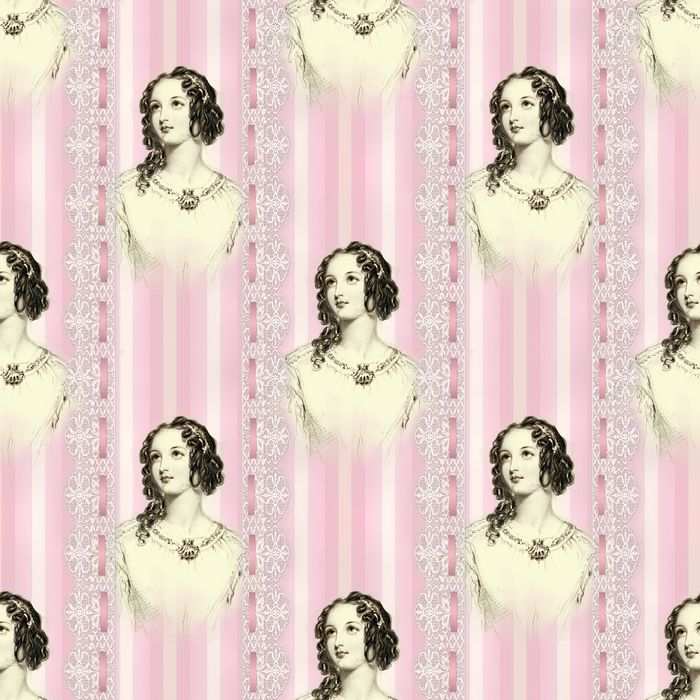Heartstopper’s book references
Anna Piper-Thompson traces the literary references throughout TV show Heartstopper, and suggests that the show is indebted to its inner web of different texts and books

Heartstopper is a heartwarming coming-of-age queer romance series, adapted from Alice Osman’s webcomic and her graphic-novel series; it is therefore no surprise that literary references are littered throughout. Through Isaac’s (Tobie Donovan) books, we see the show’s tribute to literature. A true bookworm, Isaac reminds me of myself at fifteen, forever with my nose in a book, attesting to the series’ accuracy in portraying teenagers.
Isaac’s Books
Dune: Messiah, by Frank Herbert (Episode 1)
As evidenced by people who picked up Dune’s first novel last year only to put it straight back down again, Dune is a difficult book — so Isaac flexes his readerly prowess here. Dune is also known for its world-building, so its presence could be a nod to Heartstopper constructing its own ‘world’ in the first episode.
“Secrets are a big theme in Heartstopper; it asks questions about the harm of loved ones wanting to keep us a secret”
Naruto vol.72, by Masashi Kishimoto (Episode 2)
A gesture to the graphic novel origins of the Heartstopper series, the manga also follows a pre-teen to teen Naruto — a similar coming-of-age story format to the one we see in this show.
Quantum Mechanics, by Leonard Susskind & Art Freidman (Episode 3)
Part of Susskind’s approach in this text is his embracing of the ‘strangeness’ of quantum logic — is this, perhaps, a mathematical metaphor for embracing our own unique ‘strangeness’?
A Good Girls Guide to Murder, by Holly Jackson (Episode 4)
A popular YA thriller, the cracked spine and worn pages of Isaac’s copy indicates it is well-loved by him, returned to consistently (much as I will be doing with this comfort series!) It follows a high school student as she uncovers a murderer. While certainly not to this extreme, secrets are a big theme in Heartstopper; it asks questions about the harm of loved ones wanting to keep us a secret and about the damage lying to friends causes. Tao (William Gao) is also ever on the hunt to uncover what’s going on between Charlie (Joe Locke) and Nick (Kit Connor) — uncovering a love-story though, so not *quite* a murder.
Proud, by Gareth Thomas (Episode 4)
An autobiography about how a person’s identity can feel at odds with their sexuality. That Gareth Thomas is a rugby icon also speaks to rugby-lover Nick, who similarly struggles to accept his bisexuality. Rugby also becomes a sight of gay joy at times in the series, as it is the medium through which Nick and Charlie’s bond grows. Fittingly, Isaac reads this while watching their game and carries it, dog-eared, with him when he walks in on a tender moment between Nick and Charlie.
“The set suggests that Charlie wants to surround himself with representations of queer identity, in literature, film, and music”
Wordsworth Classics edition of Pride and Prejudice, by Jane Austen (Episode 5)
One of the most loved and most read classics, it is no surprise that Isaac could be spotted with this book during one of the group’s sleepovers. Overlaps with the Heartstopper series include their shared genre of romance, and the conflict between reputation and love. It is for the sake of reputation that Ben (Sebastian Croft) keeps his relationship with Charlie secret, and we see Nick occasionally do this too, and the upsetting effects this has on Charlie.
Radio Silence, by Alice Osman (Episode 5)
A cheeky self-plug, and an easter egg for Osman’s fans. Her books can also be seen scattered on the bookshelf in Charlie’s room!
Gender Explorers, by Juno Roche (Episode 8)
A collection of interviews with young trans people, this book seeks to affirm other young people who are questioning or exploring their gender. This is akin to the representation Heartstopper offers LGBTQ+ young people, and the show’s focus on queer joy and representation, without shying away from the critical (and more difficult) aspects.
Other Literary References in the series (an indefinite list)
Charlie’s Posters
In the case of Charlie, the set suggests that he wants to surround himself with representations of queer identity, in literature, film, and music; he wants to literally surround himself with affirmation of his own identity. The most notable literary reference is his poster of Evelyn Waugh’s Brideshead Revisited, which centres on a homoerotic relationship. Another poster depicts The Iliad, which can be interpreted as a story of homosexual love, something exemplified in Madeline Miller’s The Song of Achilles.
The Soundtrack
When Nick and Charlie are messaging for the first time in Episode 2, Frankie Cosmo’s song ‘Sappho’ plays over clips of them respectively blushing, typing and retyping. Sappho’s poetry is well known for its expression of lesbian love and desire. The soundtrack poses the ‘fragments’ of messages between the boys as akin to Sappho’s fragments — “is that Sappho you’re reading?”. Baby Queen’s ‘Dover Beach’ plays over Nick and Charlie’s date in the final episode, aligning the lyric “I scream at you in poetry” with Nick’s romantic declaration of love, shouted out to the waves.
 Comment / Cambridge’s tourism risks commodifying students18 April 2025
Comment / Cambridge’s tourism risks commodifying students18 April 2025 News / Cambridge researchers build tool to predict cancer treatment success19 April 2025
News / Cambridge researchers build tool to predict cancer treatment success19 April 2025 News / Varsity ChatGPT survey17 April 2025
News / Varsity ChatGPT survey17 April 2025 News / Greenwich House occupiers miss deadline to respond to University legal action15 April 2025
News / Greenwich House occupiers miss deadline to respond to University legal action15 April 2025 News / Cambridge researchers find ‘strongest evidence yet’ of life on distant exoplanet18 April 2025
News / Cambridge researchers find ‘strongest evidence yet’ of life on distant exoplanet18 April 2025






